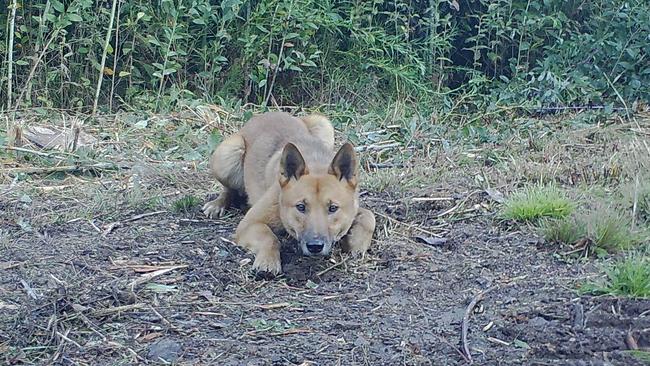Mallee Farmers denied permits to shoot wild dogs: attacks escalate
The state government has denied Mallee farmers permits to shoot wild dogs and offered no financial support to build dog-proof fencing as attacks rise.

The Allan Government has denied Mallee farmers permits to shoot any of the wild dogs emerging from the Big Desert National Parks to attack their flocks.
Yet at the same time Department of Energy, Environment and Climate Action officers are granting hundreds of other landholders authority to control wildlife permits, to kill up to 1902 wombats, 225 black swans, 737 Cape Barren geese, 926 sulphur-crested cockatoos and 66 other native species.
After weeks of email correspondence, Mallee sheep producer Alan Bennett said “it became apparent I was never going to get a permit until there was an increase in the dog population”.
In March the government stopped all wild dog control in Victoria’s northwest, based on Arthur Rylah Institute research that Environment Minister Steve Dimopoulos said showed there were as few as 40 of the predators left in the region and the population was “under threat of extinction”.
But last week DEECA bureaucrats finally released the full details of the ARI research, which estimated the wild dog population in the Mallee was about 110, but could range from 40 to 230 across 686,400ha of the region’s Big Desert and Wyperfeld national parks.
The ARI research, which used remote infra-red cameras to detect animals, also estimated the wild dog population in eastern Victoria was 4900, but could range from 2640 to 8880 across four million hectares of state forests and national parks.
Mr Bennett said wild dogs had already moved from the centre of the Mallee parks to the boundary of his property, where they could enjoy easy pickings, launching three attacks against his ewes in the last week alone.
“They’re lambing in about two weeks, which will be a nightmare.”
Hopetoun farmer Marianne Ferguson, whose family lost 30 ewes to wild dogs last month, asked: “What’s it going to take to get the government to listen?”
“Do we call on them to shoot sheep that have been mauled or do we just pick up the carcasses and dump them on the steps of parliament,” Ms Ferguson said.
Mr Bennett said he was investing $200,000 to put in 8.5kms of dog-proof fencing, but was getting no financial support from the government.
In March Agriculture Minister Ros Spence promised the government was “backing our farmers with an investment that will protect their livestock” with $550,000 to help them “adopt alternate non-lethal control methods via a pilot of measures, such as exclusion fencing and guardian animals”.
But Mr Bennett said not one cent of the $550,000 was being spent on fencing, which was instead going towards DEECA staff holding meetings with farmers where “they tell us how to put up fencing and run guardian animals”.




